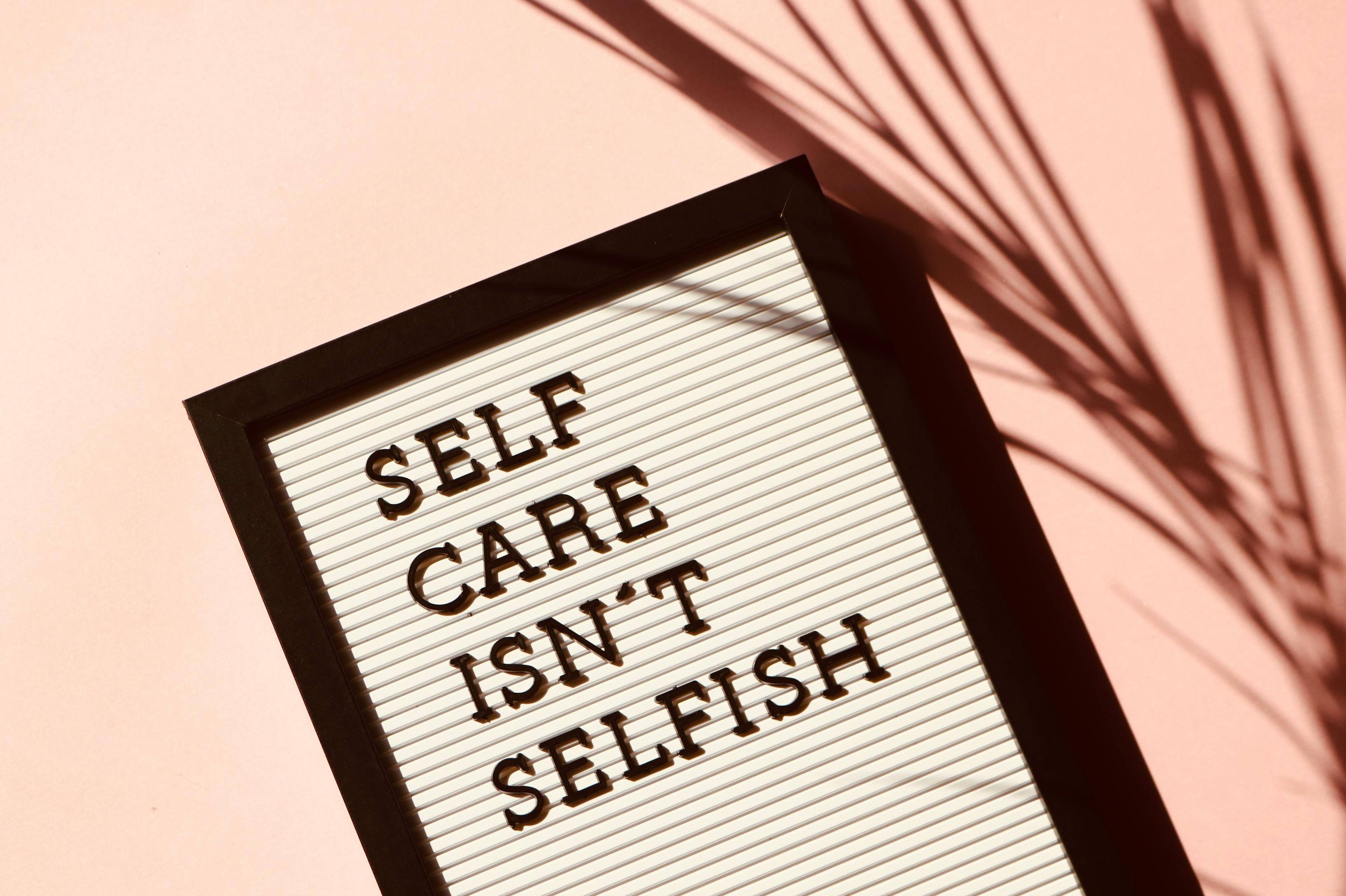Not Just Fatigue: 7 Unexpected Symptoms of Silent Inflammation in Your 40s
If you’ve stepped into your 40s and noticed a patchwork of new, sometimes confusing symptoms cropping up, you’re definitely not alone. For many, this decade feels like wellness gets turned upside down overnight—sudden weight changes, restless nights, unpredictable digestion, or even waves of irritation that seem to come from nowhere. It’s easy to chalk these shifts up to “just getting older” or to let them slide as random growing pains. But there’s an often-overlooked thread linking these changes that can quietly shape your health: chronic, or “silent,” inflammation. Unlike the kind of inflammation that flares up with obvious pain or swelling, silent inflammation works behind the scenes. It can weave its way through your body, touching everything from your metabolism to your mood. The tricky part? Its signs are subtle and surprisingly varied, making them easy to dismiss or mislabel as “normal” aging. That’s why recognizing the unexpected signals matters. The good news is, these red flags aren’t here to scare you—they’re gentle reminders from your body that it’s time for a little extra care and awareness. Ahead, we’ll explore seven surprising symptoms that might just be your body’s way of whispering for a reset. Each one is supported by science, delivered with compassion, and paired with practical, realistic steps you can try—because feeling vibrant in your 40s (and beyond) should always feel possible.
1. Unexplained Weight Changes and Abdominal Fat

If your clothes are feeling snug around the middle or your bathroom scale seems stuck on a new number, it’s not just your imagination. After age 40, metabolism slows by about 5% each decade, but chronic inflammation can add fuel to the fire—prompting weight to settle around your belly more stubbornly than before. Board-certified OB/GYN Dr. Jessica Shepherd shares that hormonal shifts alone don’t tell the whole story: inflammation can intensify changes in how your body stores, burns, and signals about fat. Instead of blaming yourself or feeling defeated by shifting numbers, consider them as gentle nudges to tune into what your body truly needs. Try embracing balanced, plant-rich meals and gentle movement most days, even if that just means a stroll after dinner or stretching while the coffee brews. Remember, the goal isn’t chasing a particular number, but nurturing your energy, comfort, and confidence. Each small shift counts.
2. Sleep Disruption Beyond Fatigue

Many in their 40s nod along when someone mentions a rough night of sleep. In fact, studies show that around 20% of women ages 40 to 59 have trouble getting quality sleep at least four nights a week. While stress, family, or work changes can play a part, persistent tossing and turning could signal something more: inflammation’s subtle effect on your body’s sleep-wake rhythm. Dr. Taz Bhatia, an integrative medicine physician, highlights that inflammation doesn’t just zap energy during the day—it can also keep your mind and body in a low-grade state of alertness at night. The end result? Waking up unrefreshed, even after a full night in bed. Gently prioritize restful routines: dim lights in the evening, safeguard your wind-down time, and give yourself permission to seek help if sleep struggles linger. Small shifts, like a calming tea or phone-free hour before bed, can add up to deeper, more restorative rest over time.
3. Digestive Issues and Bloating

If you notice your gut reacting to foods it used to love or find yourself dealing with uncomfortable bloating more often, you’re not alone. For many in midlife, digestive quirks can sneak up and quickly become part of everyday routine. While it’s tempting to blame “just aging,” low-grade inflammation is often working behind the scenes, making your digestive system more sensitive. Dr. Taz Bhatia notes that hormonal shifts may play a role, but inflammation is a key driver—altering how your gut breaks down food, absorbs nutrients, and maintains regularity. Paying attention to these subtle signals can help you stay ahead of potential discomfort. What helps? Notice patterns, try adding gut-friendly foods (think: fiber, fermented options like yogurt or kimchi), and don’t hesitate to talk to a healthcare provider if your symptoms persist. Compassion, not restriction, is the best approach—there’s no need for perfection, only gentle adjustments.
4. Skin and Hair Transformations

A sudden patch of dryness, sensitivity, or “teenager-like” breakouts in your 40s? Thin or brittle hair despite trying every new product? These changes might be more than skin-deep and could be your body’s way of highlighting hidden inflammation. According to Dr. Zahra Ameen, shifts in estrogen and chronic low-level inflammation—sometimes called “inflammaging”—can make your skin and hair act out in surprising ways. Skin may feel rough, itchy, or start developing wrinkles and fine lines sooner than expected. Hair can thin on your scalp and appear more where you least want it. Rather than seeing these changes as flaws, let them be gentle reminders that what’s happening inside often shows up on the outside. Hydrate from the outside and in: keep a regular moisturizing routine, aim for plant-based and omega-3-rich foods (like walnuts and flaxseed), and remember to be patient. Your body is adapting, and with compassionate support, your skin and hair can reflect your inner vitality.
5. Cardiovascular Clues Hiding in Plain Sight

Midlife brings extra awareness to heart health, but inflammation can make signals especially subtle—and easy to ignore. It’s not just dramatic chest pain; sometimes, cardiovascular inflammation shows up as pressure, discomfort, or even unexpected pain in the neck, back, or jaw. Feelings of dizziness and fatigue may also be linked, especially when paired with these odd sensations. Dr. Kecia Gaither stresses that these symptoms are often brushed aside—especially by women—despite heart disease being a top risk in this age group. Chronic inflammation is a well-known contributor to both the slow and silent development of cardiovascular issues. Don’t minimize new or persistent symptoms. Managing stress, carving out time for gentle activity, and checking in regularly with your healthcare provider are meaningful ways to look after your heart. Small, steady acts of care truly matter, and you deserve to feel secure in your body.
6. Brain Fog and Cognitive Hiccups

Have names, appointments, or words been slipping your mind more often? That unsettling “fuzzy” feeling—trouble focusing, making decisions, or even handling daily tasks—can be caused by more than just distraction. Chronic inflammation is gaining attention from experts like Dr. Martin Kinsella for its role in cognitive hiccups (sometimes called “brain fog”) in adults over 40. Inflammation affects the brain’s ability to send clear signals, which can slow your thinking, trigger headaches, or amp up forgetfulness. The good news? Your brain is remarkably flexible and ready to bounce back with caring attention. Stay consistent with regular movement, nourish your mind with variety—whether it’s puzzles, learning something new, or simply taking mindful breaks. Swap ultra-processed foods for nutrient-rich options when you can. Every little self-care moment is a win for your brain and your confidence.
7. Mood Swings or Emotional Shifts

Roller-coaster emotions, irritability, or unexpected sadness can throw even the most grounded among us off balance. While hormones certainly play a part in your 40s, inflammation also has a hand, pressing on the very neurotransmitters that shape your experience of the world. That’s why mood changes tied to inflammation often feel different: persistent, sometimes unpredictable, but deeply real. Reliable research connects plant-based diets, omega-3-rich foods, and movement to steadier moods. Nurturing friendships, carving out mini-mental breaks, and building in small joys throughout the day can create emotional anchors—especially in times of flux. Instead of striving for constant positivity, honor every feeling as information from your body and mind. Your emotions are valid, and gentle self-kindness is often the best companion through any transition.
Finding Empowerment Through Awareness and Self-Care

Your 40s are a uniquely powerful chapter—rich with wisdom, change, and the freedom to shape your well-being on your own terms. If you’ve recognized any of these seven subtle symptoms, know that you’re in caring company. The presence of silent inflammation doesn’t mean you’ve “failed” at health or that your body is working against you. Quite the opposite: it’s a quiet invitation to pause, listen, and honor your changing needs. Embracing these unexpected signals as opportunities (not obstacles) allows you to step into a deeper partnership with your body, mind, and spirit. Whether you address inflammation with new routines, fresh foods, more mindful rest, or simply greater self-compassion, every thoughtful step is a celebration of your journey—and a foundation for vitality in the decades ahead. Remember, you’re never alone on the path to holistic wellness. Each small act of curiosity and care moves you closer to a healthier, more vibrant you, proving that well-being isn’t about perfection, but about the kindness you offer yourself—at any age.